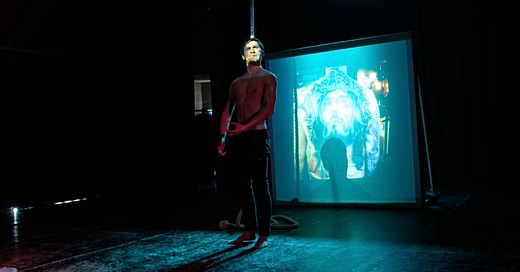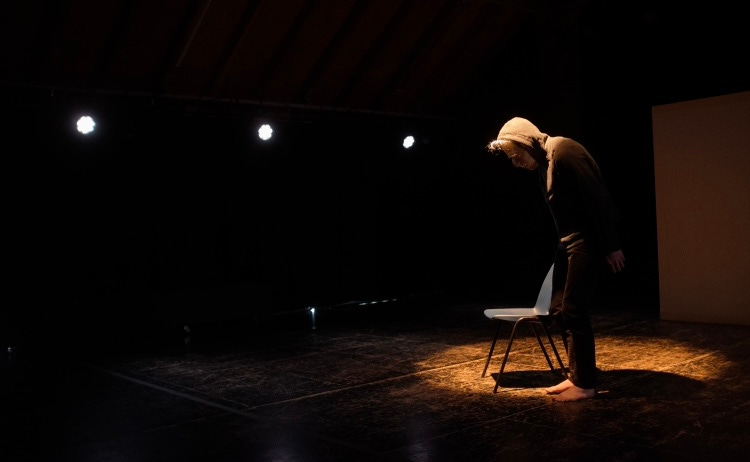In Tagalog, the word Bakla ‘denotes the Filipino practice of male cross-dressing’. In common usage it translates to ‘queer’, and is used to describe gay, usually camp, men. It’s a derogatory term, so Max Percy has decided to claim it as the title of his Fringe show.
A mix of storytelling, interpretative dance with a touch of circus thrown in, all linked by a series of projections (old TV ads and the like), Bakla intertwines the history of the Philippines with Max’s experiences growing up gay.
It’s an emotional and personal piece but in many ways is little different to similar stories told at the Fringe in recent years; the Catholic Church has a supporting role, there’s the first visit to a gay bar/club, a right of passage, and, of course, there’s the obligatory recollection of explicit sexual experiences, whether there to shock, sate curiosity or liberate the performer further is unclear.
What makes Bakla different is the cultural backstory brought to the fore - albeit in a hotch-potch of scenes that hang together just enough to provide a narrative flow.
From 1521 and the arrival of the first European ship to the Philippines through 300 years of Spanish rule and the cultural genocide that followed before the sale of the islands to the US, the story of the Filipino people is woven through the show.
Briskly paced storytelling directed by Robbie Taylor Hunt and delivered with a flirtatious charm by Percy, dance elements that never outstay their welcome, and impressive rope work make Bakla an unexpected hour that, were it staged in proper black box space (as in the production shots supplied) rather than an aging ‘lecture’ room with all the distractions that brings, could quite easily be taken to another level.
Until August 27, 1pm
Credit: Líam Rudden Media






